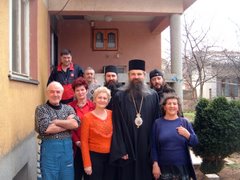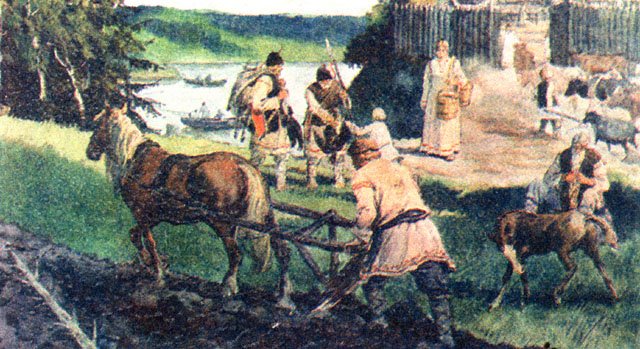Tadic Was Not Planning on Kostunica as PM
Serbia faces hard quest for stable majority
22/01/2007 20:49
By Beti Bilandzic
BELGRADE (Reuters) - Serbia headed for long coalition talks and a possibly short-lived government on Monday after elections failed to produce a clear majority, dashing Western hopes that nationalists would be sidelined.
European Union officials denied that the result, which gave the hardline Radical Party 28 percent of the vote, reflected the failure of Western efforts to quell chauvinist sentiment and steer Serbia onto a pro-EU path.
They said pro-Western parties were in the majority and would likely form the next government.
But there is little doubt they would have preferred a better result for the Democratic Party of Serb President Boris Tadic, the party most likely to be cool-headed over an imminent decision on the future of the breakaway province of Kosovo.
The Democrats won 23 percent and were seen seeking a deal with the party of outgoing prime minister Vojislav Kostunica, which won 16 percent, and smaller parties. They said they would insist on their candidate, economist Bozidar Djelic, as premier.
"It won’t be easy to form a government," said Democrat spokeswoman Jelena Markovic. The Democrats were not ready to let Kostunica be prime minister again.
Velimir Ilic, a minister in Kostunica’s coalition, said even though they came third they would be "the backbone of the new government" and hold key posts including that of prime minister.
Kostunica says the key issue in coalition talks would be the parties’ positions on Kosovo. The West is sitting on a plan expected to give some form of independence to the Albanian majority in Kosovo, run by the United Nations since NATO drove out the forces of late autocrat Slobodan Milosevic in 1999.
Tadic has said Kosovo may already be lost, but Kostunica echoes nationalist rhetoric that insists the land Serbs hold sacred as the cradle of their nation will never be conceded.
"The negotiations will last long and it is possible we have new elections soon," said political analyst Dusan Janjic. Tadic and Kostunica would need to compromise, especially because some Democrat officials oppose allying with Kostunica.
BRAVE FACE
The result cast a pall over European Union and U.S. hopes for a strong Belgrade government that could make a rapid decision on the future of Kosovo and resume Serbia’s frozen EU membership bid, by arresting war crimes suspects.
"I would say to the Serbs once again that we think their place is in Europe, among us in the European Union," EU Commission President Jose Manuel Barroso said in Luxembourg.
Kostunica and Tadic were once allies against Milosevic, who was ousted in 2000 and died in detention at The Hague last year. They fell out after reformist premier Zoran Djindjic was assassinated by Milosevic loyalists in 2003.
The Radicals would like to extend Serbia’s borders one day to embrace ethnic Serbs in Bosnia and Croatia, justifying the ethnic bloodshed of the 1990s when Yugoslavia fell apart.
Their official leader, Vojislav Seselj, is on trial in The Hague for war crimes. They would refuse to arrest former Bosnian Serb general Ratko Mladic, charged with genocide in Bosnia, and send him to The Hague, because they see him as a war hero.

















